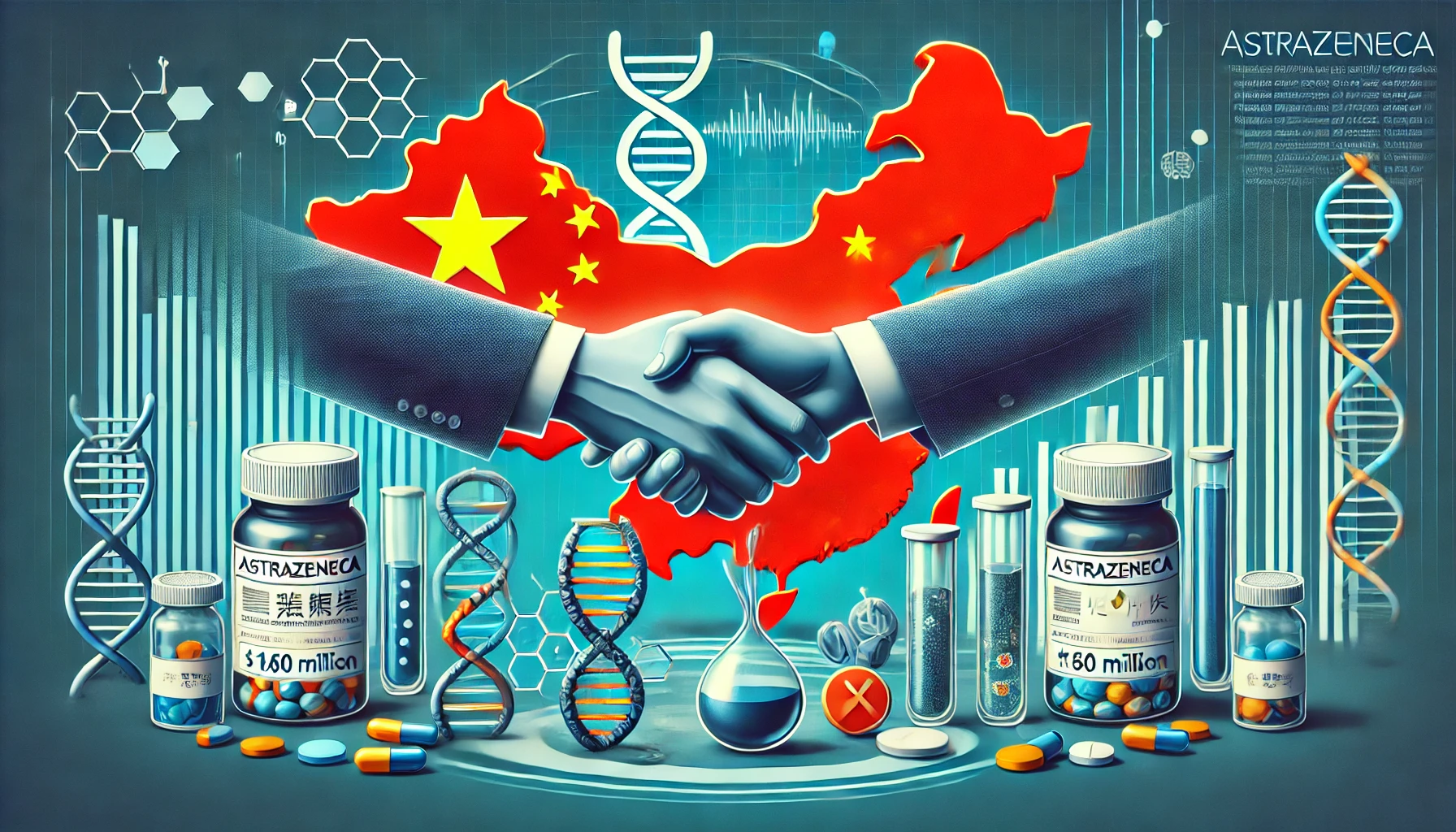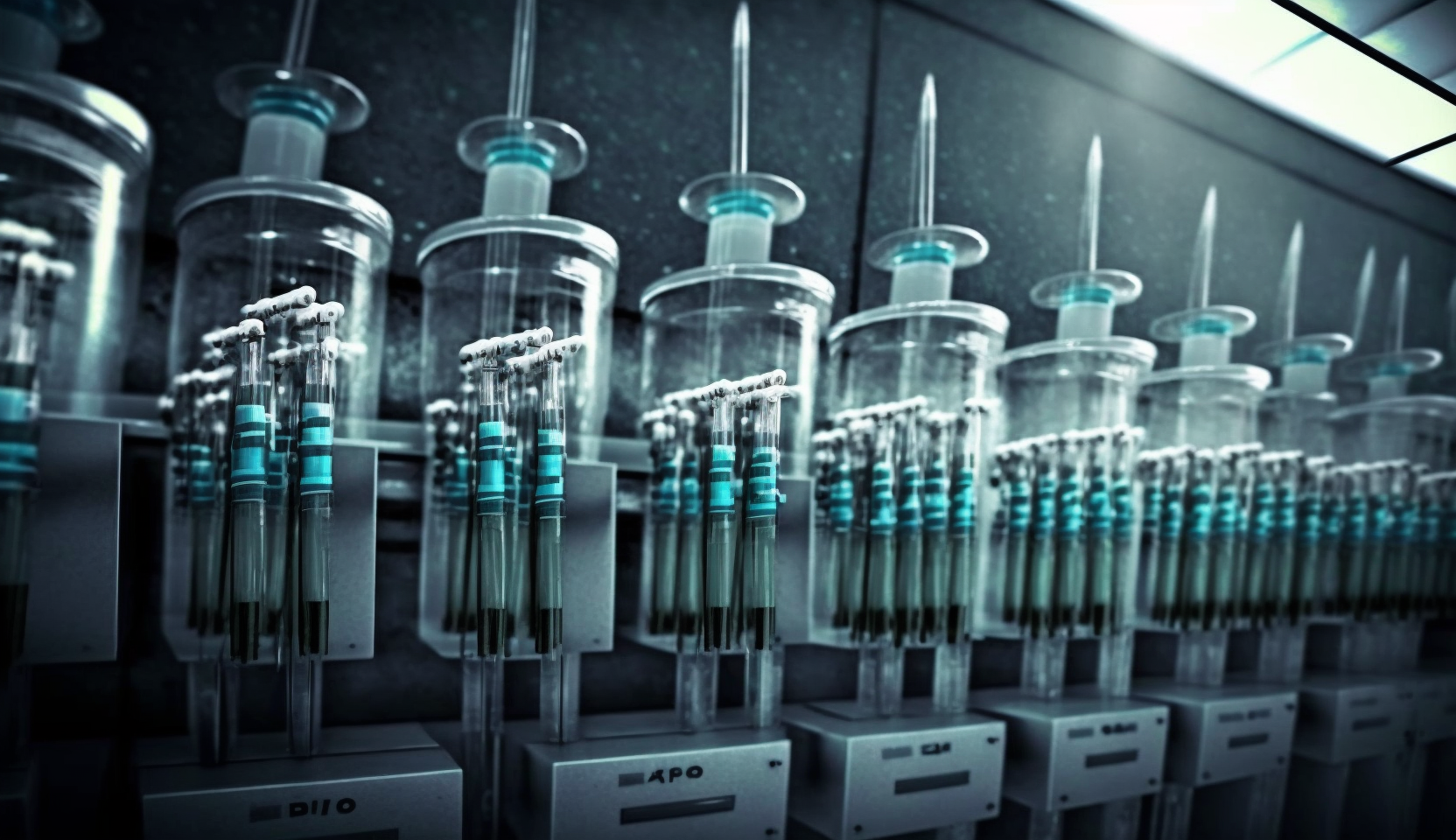| Key Points: – Acquiring FibroGen’s China operations for $160M secures rights to anemia drug roxadustat. – The sale extends cash runway to 2027 and funds key drug development. – Roxadustat leads in China, but faces generic competition and regulatory scrutiny. |
AstraZeneca (AZN) has announced a $160 million acquisition of FibroGen’s (FGEN) China business, securing regional rights to the oral anemia drug roxadustat. This deal strengthens AstraZeneca’s footprint in the Chinese pharmaceutical market while providing FibroGen with a much-needed financial boost.
The relationship between AstraZeneca and FibroGen surrounding roxadustat dates back over a decade. Initially, AstraZeneca held broader rights to the HIF-PH inhibitor but returned control in the U.S. and select other markets last year. However, the company maintained an interest in China and South Korea, where the drug is marketed under the brand name Evrenzo.
With this acquisition, AstraZeneca will pay an enterprise value of $85 million, in addition to $75 million of net cash currently held by FibroGen’s Chinese operations. The transaction is expected to close in mid-2025, at which point FibroGen plans to use the proceeds to repay a term loan facility managed by Morgan Stanley Tactical Value, simplifying its capital structure.
For FibroGen, this sale represents a crucial financial lifeline. Entering 2024, the company held $121.1 million in cash and equivalents. The proceeds from this transaction, coupled with loan repayment, should extend FibroGen’s cash runway into 2027. The move allows the company to refocus on developing FG-3246, a CD46-targeting antibody-drug conjugate, and FG-3180, a companion PET imaging agent for metastatic castration-resistant prostate cancer (mCRPC).
“This deal bolsters our company on several fronts,” said FibroGen CEO Thane Wettig. “It strengthens our financial position, meaningfully extending our cash runway, and enables us to continue progressing key clinical development programs.”
Roxadustat is a leading treatment for anemia in chronic kidney disease in China, and regulatory bodies are considering its approval for chemotherapy-induced anemia. Despite its dominance, the drug faces increasing competition, as Chinese regulators approved a generic version from CSPC Pharmaceutical last summer. Several other companies are also seeking approval for their own generic versions.
China remains a crucial market for AstraZeneca, though the company has recently encountered challenges, including a slowdown in sales and an ongoing investigation into its former China head, Leon Wang, over potential tax violations. Nevertheless, AstraZeneca CEO Pascal Soriot remains optimistic, stating in a recent earnings call that “longer term, we see continuous opportunity for growth in China.”
While today’s deal secures AstraZeneca’s position in China, FibroGen retains the rights to roxadustat in other markets, including the U.S., where it has faced regulatory setbacks. The drug was rejected by the FDA in 2021 for chronic kidney disease and later failed a Phase 3 anemia trial in 2023. However, FibroGen is still evaluating development plans for anemia associated with lower-risk myelodysplastic syndrome, with hopes of meeting with the FDA in the second quarter to discuss potential next steps.
As the transaction moves forward, both AstraZeneca and FibroGen are positioning themselves for long-term growth, with AstraZeneca reinforcing its presence in China’s expanding pharmaceutical sector and FibroGen securing the resources to pursue future drug development.

